According to Patch.com, New York City is facing a $9 billion deficit in the weeks leading up to its annual deadline to pass a city budget -- one that is sure to be compounded by projected shortfalls in property tax income. Property taxes are one of the main budgetary items over which the city has decision-making powers, and real estate taxes represented 53% of the city’s annual tax income last fiscal year.
The oversized tax burden on property owners in the city is well documented and discussed; less ballyhooed is the interest rate that has been imposed on delinquent payers since 1991. Since that time, unpaid taxes on large properties have garnered an 18% interest, according to a report in The Real Deal.
But now that the effects of an historic global health crisis have wreaked havoc on an already volatile industry, real estate and other leaders are saying it’s time to reexamine how property owners are charged for being late or delinquent on their tax payments. With inflation and interest rates at historic lows—and with landlords, homeowners, and cooperative corporations receiving less and less of their expected rental, maintenance, and assessment income each month that the shut-down wears on—the question of how late fees should be handled is meriting more attention.
Size Matters
TRD’s reporting indicates that the New York City Banking Commission has recommended an elimination of late fees—but only for properties with an assessed value of $250,000 or less, and only for delinquency on the upcoming July 1 payment date if a COVID-19 hardship can be proven.
City Comptroller Scott Stringer, characterized by TRD as a mayoral contender for next year, has urged the commission to “use every tool at our disposal to provide compassionate relief.” As the third member of the commission (along with Mayor Bill de Blasio and his appointed finance commissioner Jacques Jiha), Stringer appears to be the minority opinion of that body.
For his part, de Blasio has been advocating for relief from other sources, acknowledging that the income from city property taxes—and apparently their late fees as well—is essential to keep essential city services running during the crisis. In a dire projection, he says, “There is literally no way we can solve this problem without federal help, or having to make very painful choices.”
Even with evidence indicating that delinquency is growing, TRD notes that the commission advised keeping the 18% rate for large properties. And in the absence of the proposed legislation, it suggests that the rate for smaller properties without a COVID-19 hardship should be dropped from 7% to 3.25% for the July payment and to 5% for the other three quarters remaining in the fiscal year. “It is in the city’s best interest to encourage the prompt payment of real estate taxes by all taxpayers,” says the commission.
REBNY’s Take
Noting the difficulty that many of its constituents are likely to have in paying their upcoming July 1 tax payments timely and fully, the Real Estate Board of New York (REBNY) has raised the idea of letting owners stretch out payments over time “so there isn’t one big hit in July,” as REBNY president James Whelan says.
Alternatively—or additionally—the painfully high 18% rate could be lowered to account for the crisis. “No one is saying the penalty should be waived,” says Paimaan Lodhi, a REBNY senior vice president, “but in this time of crisis, it should be reduced to not further punish those that are experiencing hardship.”
Even if it approves rate reductions, the Banking Commission’s proposed rate must follow a prescribed formula, according to TRD. It must be at least six percentage points greater than the prime rate, which was 3.25% on May 12. While the commission therefore could have recommended a rate as low as 9.25% percent, it instead opted to maintain the 18% rate. Such a decision was not well received by REBNY and other industry leaders.
Existing Payment Plans
According to I, for property owners who are delinquent or just don’t want to fall behind, payment plans that run as long as 10 years are available—but interest and any new charges must be paid promptly. Homeowners facing hardships can defer payments in amounts based on the property type: 25% for single-family homeowners and 50% for condominium owners. There are plans for seniors and low-income owners as well.
New this year is an automatic monthly payment plan available to all property owners. Interested parties can find out more about the city’s Property Tax and Interest Deferral (PT AID) Program here.



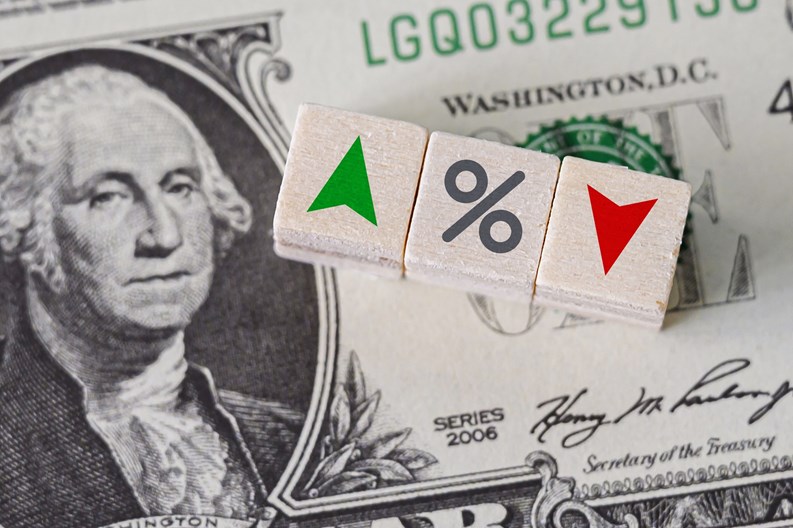
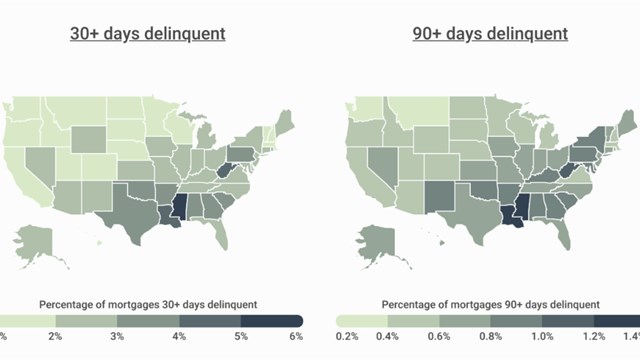
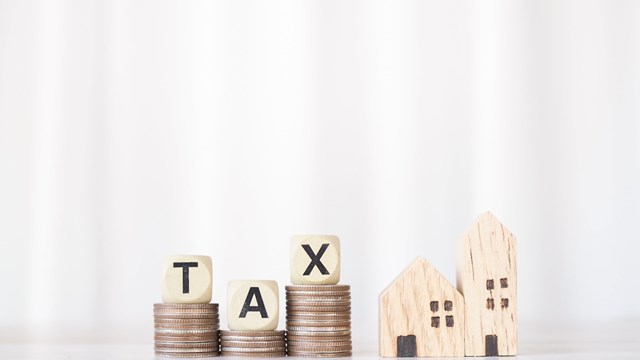
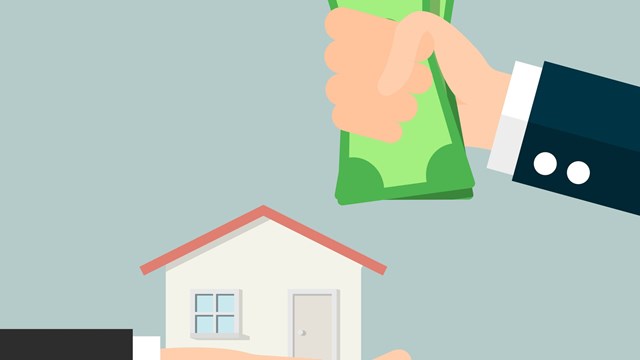
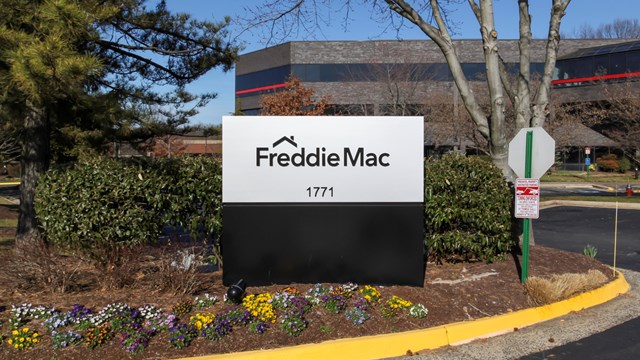
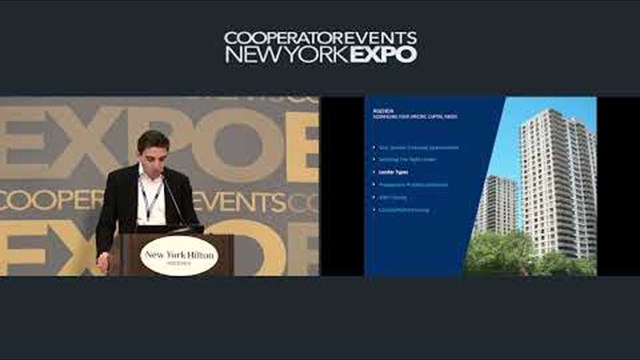
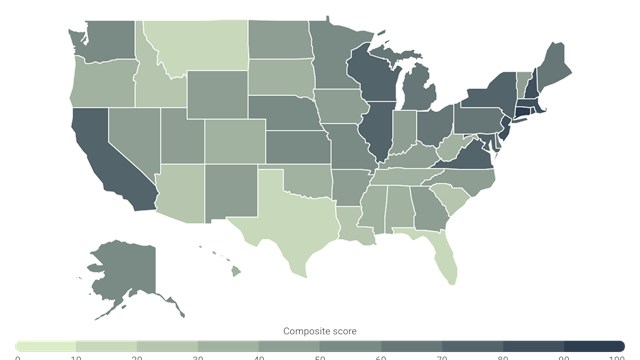
Leave a Comment